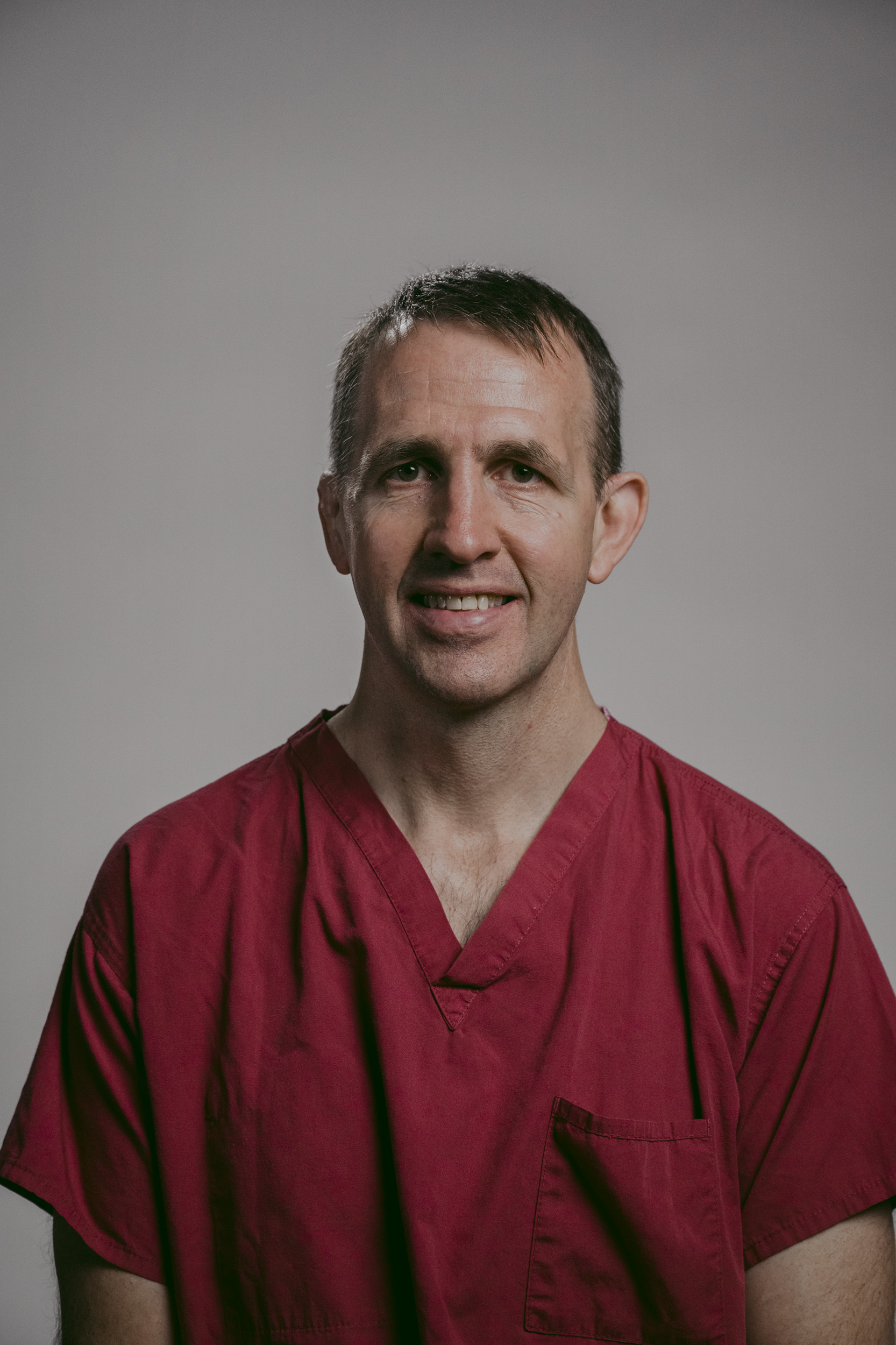Mr. Ben Challacombe

Languages Spoken:
English, French
UMDS/KCL
South Thames
Melbourne Australia
UMDS
All surgical treatments have inherent and associated side effects. Individual’s outcomes may depend on a number of factors, including but not limited to patient characteristics, disease characteristics and/or surgeon experience. The most common side effects are mild and transient and may include mild pain or difficulty when urinating, discomfort in the pelvis, blood in the urine, inability to empty the bladder or a frequent and/or urgent need to urinate, and bladder or urinary tract infection. Other risks include ejaculatory dysfunction and a low risk of injury to the urethra or rectum where the devices gain access to the body for treatment. Further, there may be other risks as in other urological surgery, such as anesthesia risk or the risk of infection, including the potential transmission of blood borne pathogens. For more information about potential side effects and risks associated with Aquablation therapy for Benign Prostatic Hyperplasia (BPH) treatment, speak with your urologist or surgeon. Prior to using our products, please review the Instructions for Use, Operator’s Manual or User Manual, as applicable, and any accompanying documentation for a complete listing of indications, contraindications, warnings, precautions and potential adverse events. No claim is made that the AquaBeam Robotic System will cure any medical condition, or entirely eliminate the diseased entity. Repeated treatment or alternative therapies may sometimes be required.
Rx Only
